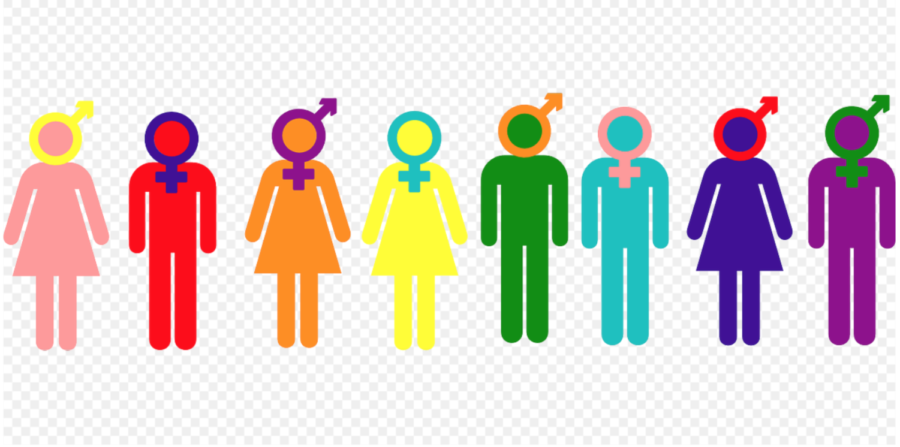Words As Stones
December 12, 2018
When living as a minority, there are times when it feels like the streets and rooms you walk into are crawling with people against you, and sometimes it feels like the walls themselves are pointing and laughing. Having to hear words that curse your very being, whether they regard you or not.
“Faggot!” “Dyke!” “Tranny!” “Trap!”
Sometimes they say the whole dictionary of curses that the author would not be very comfortable writing. Oaths that make you cast a glare at the person whose lips let it slip. They make you feel enraged and helpless. The ridicule feels endless.
Issues of homophobia like this also occur widely with Kalani High Schools’ students. In our school, there are many people of different races, and also a few closeted or not LGBTQ+ students. Even though we have diversity, that won’t stop students from being against each other even if they fall into the minority they’re against or not.
Unfortunately, homophobia and transphobia do not stay inside the walls of schools full of children. They’ve embedded themselves in society as a typical reaction to homosexuals and transgender people, and have been seen often as a norm. It has yet to undo itself from society. Even though sometimes these acts of homophobia and transphobia are just words, they are still harmful.
According to ncbi.nlm.nih.gov, 40% of the transgender community report suffering from depression, along with high rates of suicide attempts. But this is just one of the many groups affected this way. LGBTQ+ youth are almost five times as likely to attempt suicide as compared to heterosexual youth, per the Trevor Project.
It all starts out with a slur and a curse, and it can escalate into something that can take the lives of many. These words are like knives, they show hate and are cries to action, calling to ridicule and ruin the self-esteem of these groups for being themselves.


